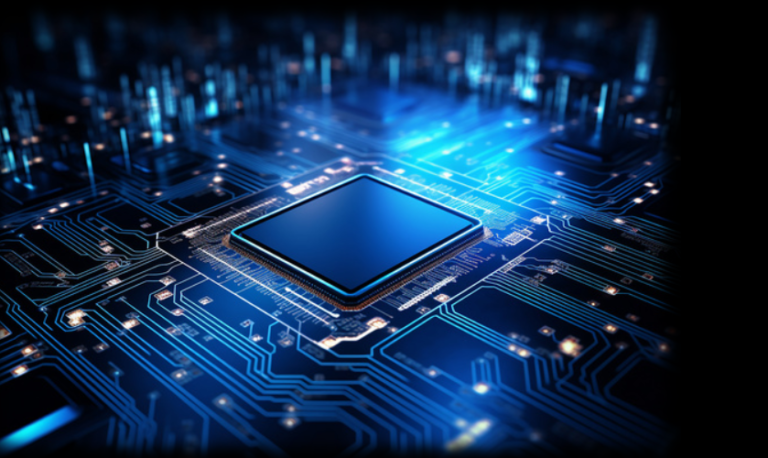Rivos, a startup that designs RISC-V-based processors, recently raised over 235 million euros ($250 million) to develop its own AI accelerator. This AI accelerator is intended primarily for end users for whom Nvidia accelerators are overkill and too expensive.
The investment round focused on raising more capital to expand the chip developer’s processor portfolio. The capital raised was primarily for developing an AI accelerator based on the open-source RISC-V chip design.
The new AI accelerator is mainly for running large LLMs for GenAI solutions and applications, among others. Especially AI services running on top of frameworks such as PyTorch, JAX, Spark and PostgreSQL.
Technical details
Under the hood, this AI accelerator probably runs on RISC-V architecture, but the chip designer has not yet released any details. However, according to Rivos, the accelerator would use a combination of high-performance RISC-V processors and a so-called data parallel accelerator or GPGPU. Both share a common domain in both DDR and HBM memory and can support workloads of many terabytes of memory.
Furthermore, the processor will be based on 3-nanometer technology from Taiwanese manufacturer TSMC. The processor can also be specifically placed in a multi-chip Open Compute Project server.
Lower cost smaller AI users
Speaking to Bloomberg, Rivos CEO Puneet Kumar indicated that the AI accelerator will primarily target end users who want to use AI for smaller applications than what Nvidia accelerators are suited for. This way, they will avoid the cost overkill that comes with the market leader’s processors.
According to the 2021 processor startup, the Series 3 investment round had many participants. Matrix Capital led the investment round, with additional participants consisting of Intel Capital, MediaTek, Cambium Capital, CIDC, Capital TEN, and the Hotung Venture Group. Existing investors who rejoined were Walden Catalyst, Dell Technologies Capital, Koch Disruptive Technologies, and the VentureTech Alliance.
Also read: Intel and Nvidia have radically different visions for AI development
